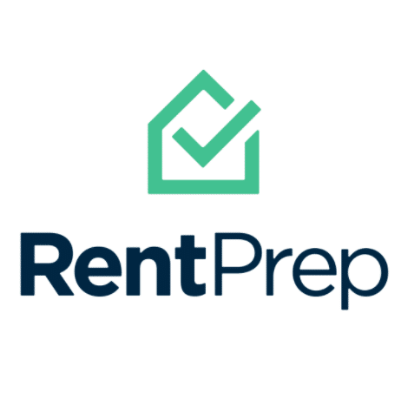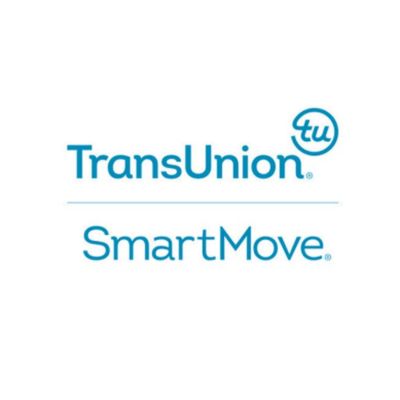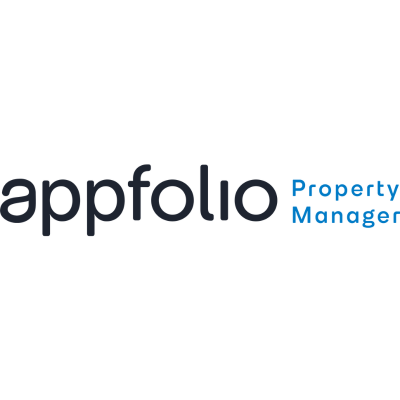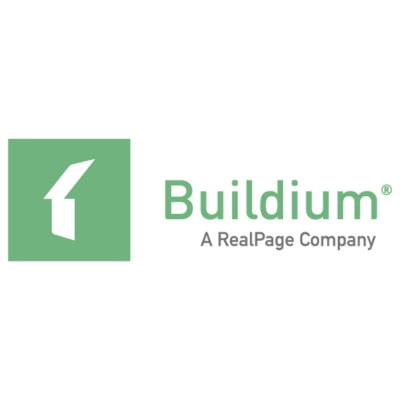Last Updated: January 2024

Single family property management provides a valuable service to investors who rent out single family rental properties. When compared to managing other types of rental properties, single family rental management benefits from lower tenant turnover rates, but require more locations to manage. Success in this type of management is often hinged on a balance of rental yield optimization, meticulous property care, and good tenant relationships. When done correctly, each property gets personalized attention, fostering greater tenant satisfaction and a stable tenancy base.
Single Family Property Management Definition
Single family property management is the practice of overseeing and controlling all aspects of managing single-family rental properties, which are detached residential buildings designed to house one family. The management activities typically include tenant sourcing and relations, rent collection, property maintenance and repairs, compliance with housing laws and regulations, and financial management.
Pros & Cons of Single Family Management
| Pros | Cons |
|---|---|
| Higher Quality Tenants: Long-term tenants who treat it more like their own home | Maintenance Costs: Higher maintenance costs due to the larger size and exterior yard upkeep |
| Lower Turnover Rates: Stay longer, reducing vacancies and costs of finding new tenants | Longer Vacancy Periods: It may take longer to find new tenants, compared to multifamily units. |
| Personalization Potential: More flexibility to personalize the house to their liking | Market Dependency: Vacancy or non-payment can mean 100% income loss |
20 Common Single Family Property Management Services
Successfully managing rental properties encompasses a wide range of tasks and responsibilities. These services not only help to maximize investment returns, but also ensure a smooth and enjoyable experience for tenants. From tenant acquisition to legal compliance, the scope of single family property management is comprehensive and multifaceted. Below is a list of the 20 most common single family property management services:
- Tenant Screening: Includes background checks, credit reports, and reference checks.
- Rent Collection: Ensuring timely collection of rent from tenants.
- Maintenance and Repairs: Handling routine maintenance and emergency repairs.
- Property Inspections: Regular inspections to assess property condition and lease compliance.
- Lease Preparation and Enforcement: Drafting lease agreements and ensuring tenants abide by their terms.
- Tenant Communication: Serving as the point of contact for all tenant inquiries and concerns.
- Marketing and Advertising: Promoting vacant properties to attract prospective tenants.
- Vendor Management: Coordinating with vendors and contractors for various services.
- Legal Compliance: Ensuring the property complies with local, state, and federal laws.
- Financial Reporting: Providing owners with routine property reports on income, expenses, and overall property performance.
- Property Showings: Showcasing the property to potential tenants.
- Tenant Move-In/Move-Out Management: Facilitating the transition of tenants in and out of the property.
- Security Deposit Management: Collecting, holding, and returning security deposits in accordance with local laws.
- Rent Price Setting: Analyzing the market to set competitive rent prices.
- Eviction Handling: Managing the process of eviction if necessary.
- 24/7 Emergency Response: Being on call to handle any emergencies that occur at the property.
- Tax Documentation: Providing necessary tax documents related to the property’s income and expenses.
- Property Upgrade Recommendations: Suggesting improvements or renovations to increase property value or rent.
- Utility Management: Coordinating utility usage and expenses in some cases.20.
- Neighbor Relations: Managing relations with neighbors and the community, handling any complaints or concerns related to the property.
Single Family Rental Tenant Screening






Tenant screening for single-family rental properties is a critical step towards ensuring reliable occupancy and consistent rental income. A thorough screening process helps identify financially stable tenants who have a track record of respecting rental properties. Beyond financial stability and rental history, screening may also consider factors like employment stability and criminal background.
Single Family Management Software






Leveraging residential property management software can significantly streamline the operations of managing single-family rental properties. Such tools for real estate investors can automate tasks like rent collection, maintenance requests, and tenant communication, freeing up valuable time for property managers.
Single Family Property Management Fees


When engaging a property manager for single-family rental properties, it’s crucial to understand the cost structure. Property management fees are typically charged as a percentage of the monthly rent, ranging anywhere from 8% to 12% on average. Some property managers might also charge setup fees, leasing fees, or maintenance fees. These costs can be a significant consideration in the financial planning for your single family rental investment, as they directly impact your net rental income.
Single Family Management Documents


Maintaining comprehensive property management documents is extremely important in managing single-family rental properties effectively and legally. These documents include, but aren’t limited to, rental applications, lease agreements, and move-in/move-out inspection checklists. Financial documents like rent receipts, invoices for property expenses, and annual tax statements are also essential. These documents provide a clear history of rental activity and support compliance with legal requirements and financial auditing.
The #1 Rental Property Newsletter
Once a month, we send out an exclusive Rental Property Market Update with top stories, current mortgage rates, building products, and more. No spam and unsubscribe anytime.


Single Family Property Management FAQ
How is Single Family Property Management Different from Multifamily Property Management?
Single-family property management typically involves overseeing individual, detached residences, each with a single tenant or family, resulting in fewer tenant interactions and less complex maintenance needs compared to multifamily properties. This smaller tenant base provides more stable rental income due to lower tenant turnover rates.
In contrast, multifamily property management often requires dealing with more tenants within the same property, necessitating a more complex and dynamic approach to tenant relations, maintenance, and amenities. The economies of scale found in multifamily properties, can positively lead to cost efficiencies in areas like maintenance and renovation.
How is Property Maintenance and Repairs Handled for a Single Family Rental Property?


When it comes to single-family houses, tenants often have more flexibility to personalize the property than apartment renters. This greater flexibility often creates confusion about who is responsible for repairing what. The general practice across the industry, as well as the largest single family rental property companies, is for property maintenance and repairs are usually handled by the property manager or landlord. They are responsible for keeping the property in livable condition, which includes regular maintenance tasks like plumbing, electrical repairs, and addressing any structural issues. Personalized modifications made by the tenants usually require the landlord’s approval and any maintenance or repairs to those specific modifications are the responsibility of the tenant.
Does the Landlord or Tenant Pay What Utilities for Single Family Rental Houses?
In most cases with single family rental houses, the tenant is typically responsible for paying the majority of the essential rental property utilities such as electricity, water, gas, and sometimes even trash removal. Additional property services like landscaping or pest control, can vary widely based on the lease agreement between the landlord and tenant. Sometimes landlords may handle these tasks or hire a service, particularly if they want to maintain control over the property’s appearance. In other situations, these tasks may be the responsibility of the tenants, especially in long-term leases. Be sure that all these details are explicitly discussed and included in the lease agreement to avoid confusion or disputes later on.
About the Author


Ryan Nelson
I’m an investor, real estate developer, and property manager with hands-on experience in all types of real estate from single family homes up to hundreds of thousands of square feet of commercial real estate. RentalRealEstate is my mission to create the ultimate real estate investor platform for expert resources, reviews and tools. Learn more about my story.










